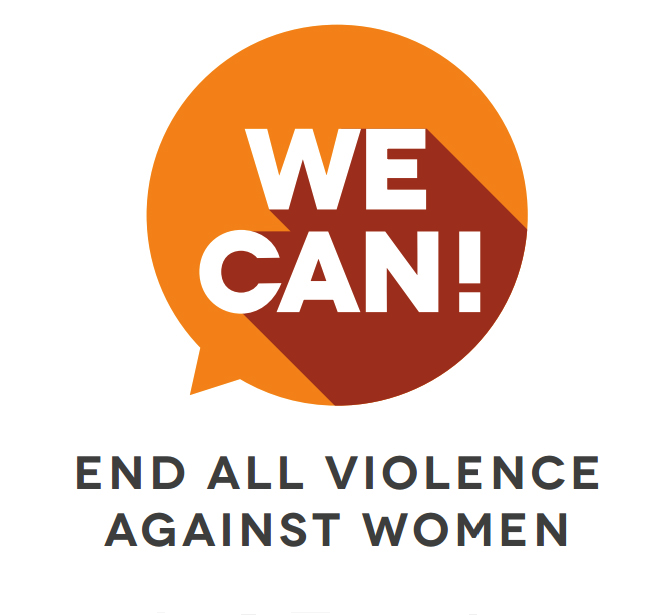By Winifred Loh, President, AWARE
We applaud Minister Grace Fu’s sustained support for board diversity and her call to investors to take the lead in this respect.
 It is disappointing that female representation on the boards of Singapore Exchange-listed companies remains low, at 8.3 per cent. More than half of the boards surveyed have no women. (“Companies with more diverse boards fare better: Study”; Oct 29, online)
It is disappointing that female representation on the boards of Singapore Exchange-listed companies remains low, at 8.3 per cent. More than half of the boards surveyed have no women. (“Companies with more diverse boards fare better: Study”; Oct 29, online)
Ethnic diversity is also limited, with 85.7 per cent of all directors of the listed companies being Chinese.
BoardAgender’s research suggests that it would be a smart business move to increase female representation, since board diversity is associated with higher performance levels.
But the situation will not change without proactive effort, as figures have only crept up slowly over the years. Female representation in senior management is 23 per cent.
While this is not gender parity, it is more than the female board representation of 8 per cent, and shows there are women who are capable of stepping into top roles in senior management. Companies’ mindsets, though, have not changed.
If our society hopes to reap the economic benefits of diversity, we must take specific, targeted measures, rather than assuming that change will happen organically.
One method that has seen success in other economies is the use of explicit targets to increase the gender and ethnic diversity of those serving on boards.
Though these are voluntary rather than mandatory, they are effective in focusing the attention of corporate decision-makers on the need for concrete change. The examples of the United Kingdom and Australia are particularly inspiring.
In the UK, female representation on boards has increased to 22.8 per cent, from 12.5 per cent three years ago. Hopes are high that the UK will attain its target of 25 per cent next year.
In Australia, women hold 41.7 per cent of government board positions, meaning that the 40 per cent target set by the government has been met a year early.
Companies would be aided in meeting these targets if they develop better search and selection procedures. For instance, they can move towards public disclosure of their board hiring policies, and commit to refreshing their boards more regularly to prevent stagnation.
Lacking such measures, Singapore is close to the bottom in gender diversity rankings. At the pace diversity has been rising, it will take decades before Singapore catches up with other countries, let alone attain gender parity.
This letter was first published in TODAY Voices on 9 November 2014.










